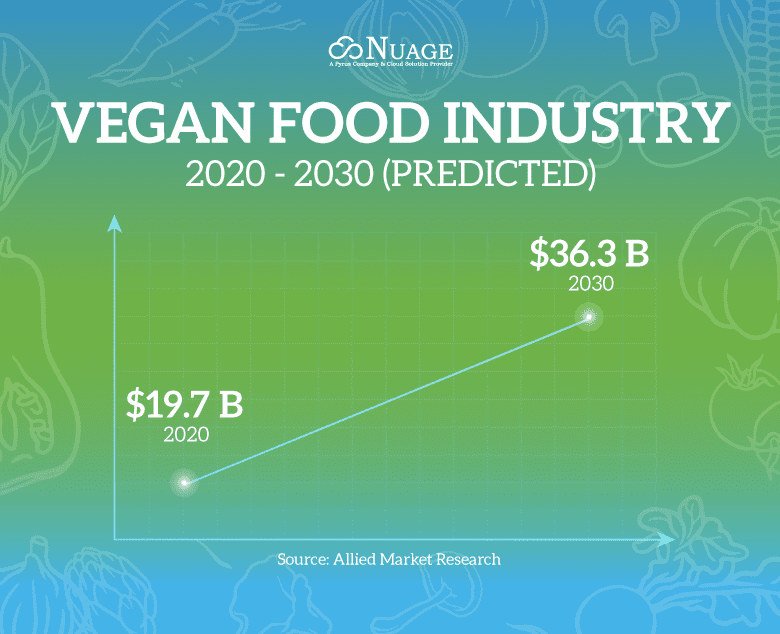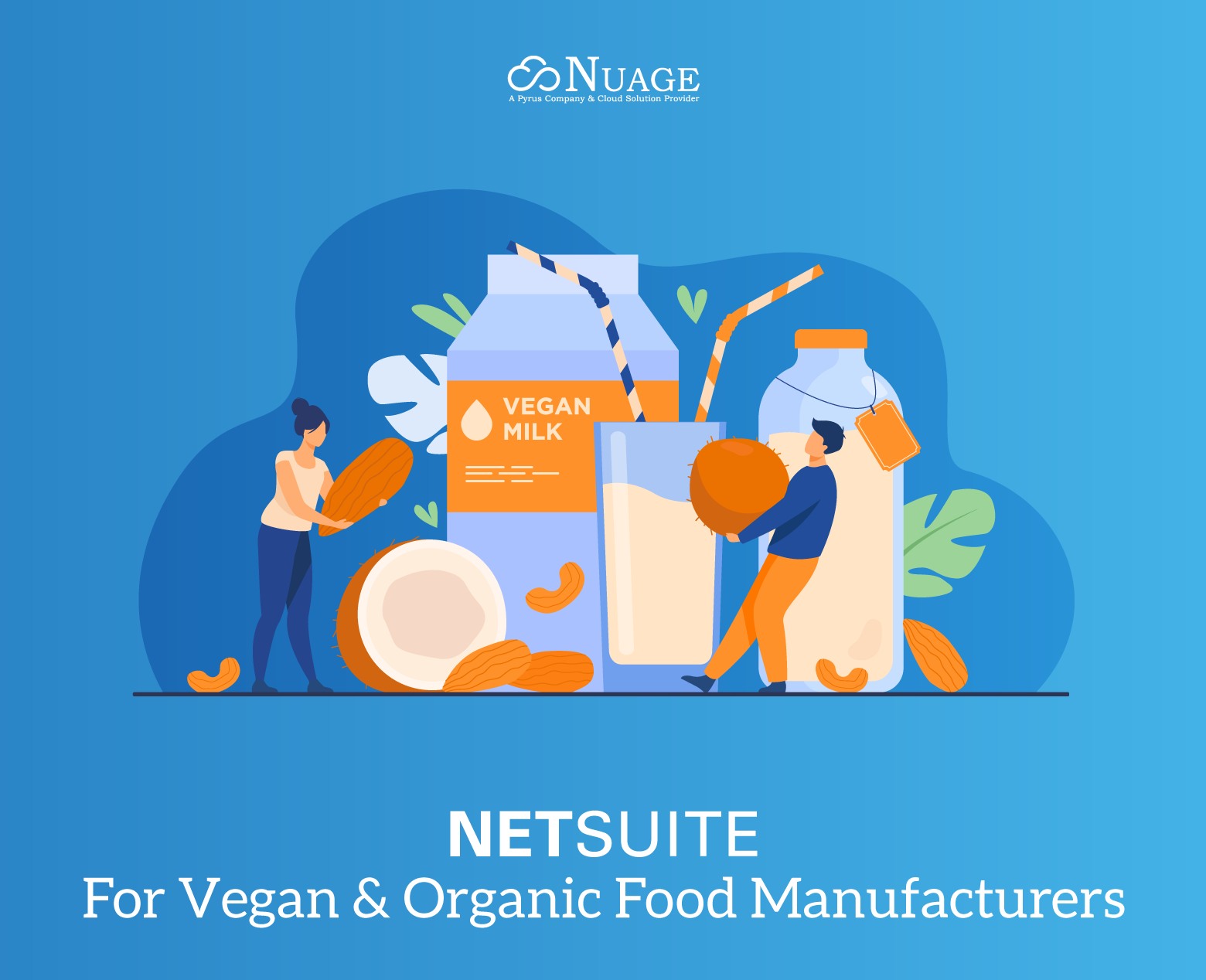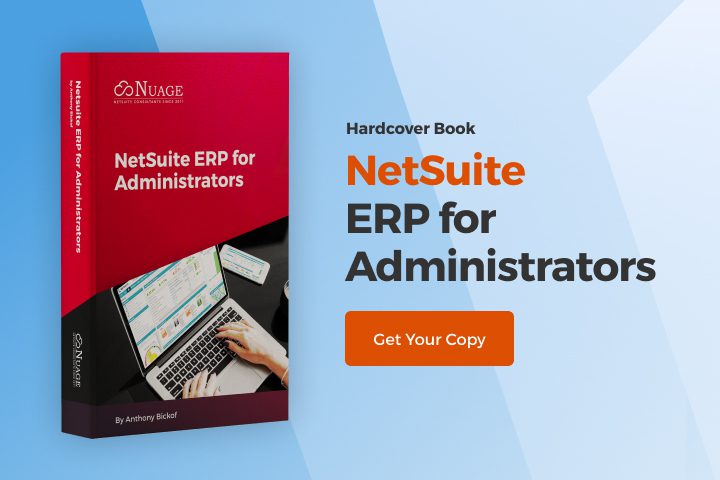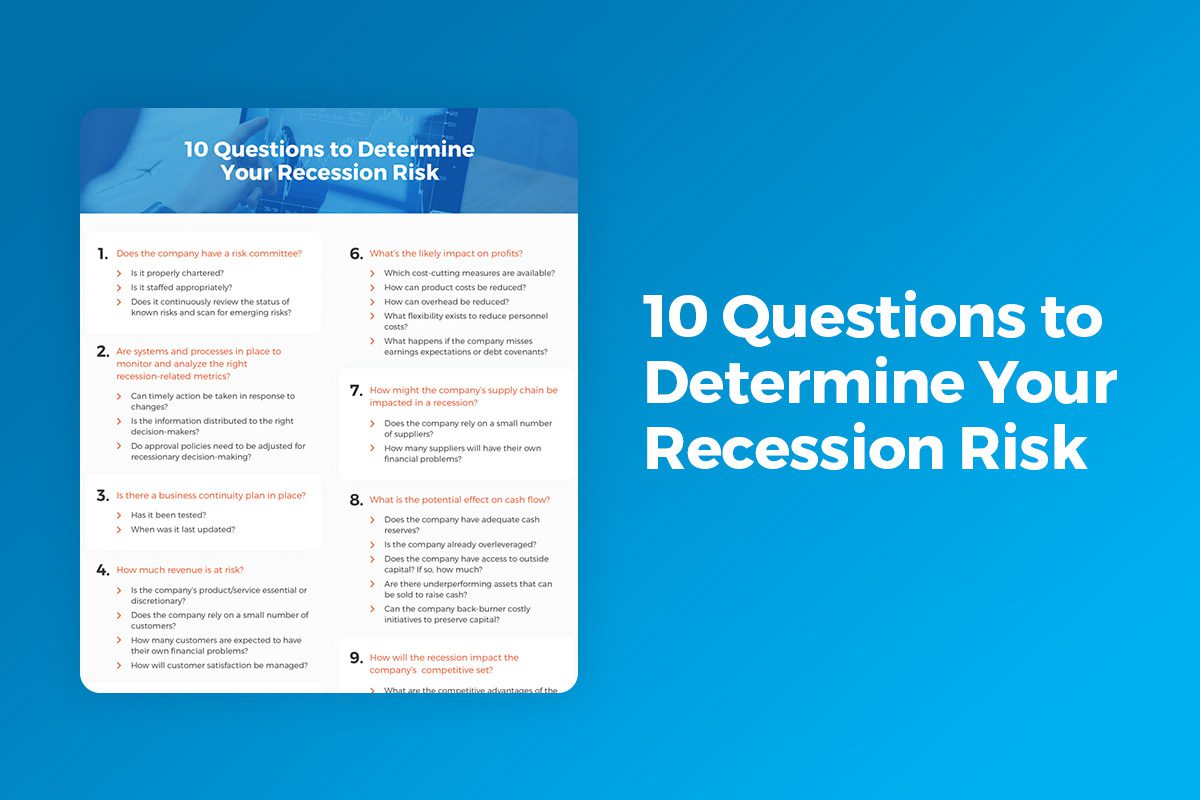The organic and vegan industry is a niche sector that has grown in popularity over the past few years. This is due to the growing awareness of the benefits of eating organic and vegan food and the rise in demand for healthier food options. However, some challenges still make it difficult for this sector to thrive.
Organic food is more expensive than conventional food. According to the Organic Trade Association, the price premium is about 30 percent. For some consumers, the higher cost is worth it for health reasons.
But the price of organic food has been increasing faster than inflation, so manufacturers need to understand how much people are willing to pay for their products.
Organic and vegan manufacturers have several challenges that affect their profitability:
Inflation
For the last year or so, we have seen a steep increase in the inflation rate from about 1.4% to 8.3%. This has hurt the organic and vegan food manufacturing industry, which is already struggling to stay afloat. It’s also creating higher costs, basically a tax, on the middle class, which may be pricing organic options out of their budget.
Farmers have seen their profits decrease as prices for grains, vegetables, and fruits have risen over the last few years. As a result, many farmers have had to scale back on their production or even stop farming altogether. Consumers are also feeling this pinch—they may see fewer options for purchasing organic or vegan products at local stores due to limited supply and higher prices.
Impact of Inflation on the Industry
The increase in the inflation rate means that companies have to pay more for their raw materials and resources. Since they are already having trouble competing with cheaper products from other countries, they will likely be unable to pass these increased costs onto consumers without losing customers or going out of business altogether. This can be especially problematic for smaller companies that may not have the capital reserves needed to weather such a storm.
On top of this, many consumers are not willing to pay higher prices for organic foods because they believe that it is too expensive for them. Some people believe that organic farming takes longer than traditional methods and costs more money. Others think buying organic food is too costly because they do not feel like it’s worth it compared with conventional foods (which may contain pesticides). This mindset could mean fewer customers for these companies if they raise prices even further than usual due to inflationary pressures imposed by governments worldwide.
How to Overcome Inflation
One way to combat this is for organic companies to cut costs by using less expensive ingredients and packaging materials. This can be done by finding suppliers who can provide high-quality products at lower prices or cheaper ways of producing your own goods.
Another option is for organic companies to charge more for their products. While this might seem counterintuitive, it’s actually an effective way of staying competitive because it allows you to keep prices low while still making more money per item sold.
The last option is for consumers themselves to look for ways to reduce their spending so they can afford more items without sacrificing quality or quantity altogether!
High Import Cost
The cost of importing ingredients for organic and vegan foods can be prohibitively high. For example, if you’re manufacturing in the US and importing your ingredients from overseas, you’ll have to pay shipping costs and tariffs. These costs add up quickly and make your product less competitive on the market.
Also, many countries with a large population base do not have the infrastructure or resources to support local production of everything they need. As a result, they prefer importing food from other countries as it’s cheaper than local production.
Substandard Products
One of the biggest challenges is finding a production line that can create a product in the same way for all products.
For example, if you have a vegan food company, you may want to make sure that all of your ingredients are vegan. This can be difficult if you use animal byproducts to create your product.
Another challenge is finding a way to ensure that your products meet all of the standards set by organic and vegan organizations. These standards include using only organic materials, not using any animal byproducts or testing on animals, and not using any genetically modified organisms (GMOs). These rules can be stringent, so you must understand them before starting your business so that you don’t accidentally break any laws or get into trouble later on down the line!
Overproduction
The organic and vegan manufacturing industry is growing exponentially because of the increased demand for such products. But this happens only when there is no proper supply chain management system. So, if you want to sell more products without compromising quality, you need a strong distribution network that can deliver your goods on time without any hiccups or delays.
Lack of Resources
One of the biggest challenges is a lack of resources, especially when it comes to finding ingredients that are suitable for vegan/organic products. These manufacturers are often forced to use more expensive ingredients or less-than-ideal ones to create their products, which can cause problems for customers if not handled properly.
Finding a Way to Market Products
Another challenge the manufacturers face is finding a way to market their products effectively. Organic and vegan products tend to be more expensive than their non-organic counterparts, so there needs to be some incentive for customers who want them—whether that’s better quality or some other benefits.
Some organic and vegan manufacturers offer discounts on bulk orders or additional services like delivery or installation.
In contrast, others offer coupons or free samples to entice new customers to try their products out.
Sourcing Workers Who Understand Organic and Vegan Food Manufacturing
Finding enough workers who understand the special needs of organic and vegan manufacturing is difficult because many people don’t know much about them yet (they may not even know what they mean). This can lead to lower productivity rates among employees who don’t know everything they need to be doing on a given day at work because they aren’t familiar with their duties yet; this could mean lower output from new workers.
Another challenge is finding enough skilled labor that is both affordable and reliable.
If you’re running a business on a tight budget, it’s hard to invest in training when so many other things need funding; however, investing in training will pay off later if you can find employees who stay longer than one or two years with your company.

Using Technology to Overcome Challenges in the Organic and Vegan Food Industry
One way to overcome the above challenges is through technology.
The vegan and organic food industries have grown rapidly despite the above challenges.
According to one estimate, the vegan food industry alone was valued at $ 19.7 billion in 2020 and is expected to reach $36.3 billion by 2030.
Yet despite their popularity, many of these businesses face significant challenges as they try to scale up operations. Suppose your company is seeking to capitalize on new global opportunities. In that case, you need to unify your product development, supply chains, manufacturing processes, and distribution networks or risk failure in today’s increasingly competitive markets.
Successful vegan & organic food companies realize that they need to upgrade their back-office technology to thrive using vegan and organic business management solutions in today’s fast-paced business environment.
NetSuite Features that Help Overcome the Challenges in the Organic and Vegan Food Industry
NetSuite is a cloud-based financials and operations management solution that empowers businesses to run more efficiently, accelerate growth, and increase profitability. It has the following features that help you efficiently manage the complexities of your vegan and organic food business in the cloud:
- NetSuite’s supply chain management (SCM) capabilities help you plan, manage, and optimize inventory across multiple locations while eliminating excess inventory.
- Inventory visibility enables you to forecast demand based on historical sales data and current market trends, allowing you to adjust accordingly.
- Stock management features allow you to track inventory levels at each location to identify where more inventory is needed or if you can move inventory from one place to another.
- Product information management (PIM) capabilities enable you to create product catalogs that reflect your brand standards for online and offline products.
To help companies overcome the above challenges, vegan and organic food manufacturers have begun to rely on NetSuite’s cloud ERP platform.
Combining the leading cloud ERP with industry-specific functionality, our team at Nuage helps companies like yours manage the entire food production and distribution ecosystem and streamline their operations so you can focus on what matters most — making delicious products!
NetSuite’s Vegan and Organic ERP Solution offers:
- Customizable product records to capture all product types required by the vegan and organic industry
- Customized reports so companies can track sales trends by product type, category, or region
- Supports multiple warehouses for direct-to-consumer fulfillment and distribution channels
- Customizable workflows for managing sales orders returns reorders, and more
- Enables inventory visibility on a per-store or per-region level
If you’re looking for the best solution to help manage your business, Nuage Consulting can help you succeed. We’ll show you how to integrate it into your organic and vegan food company and how it can help you overcome the above challenges.


